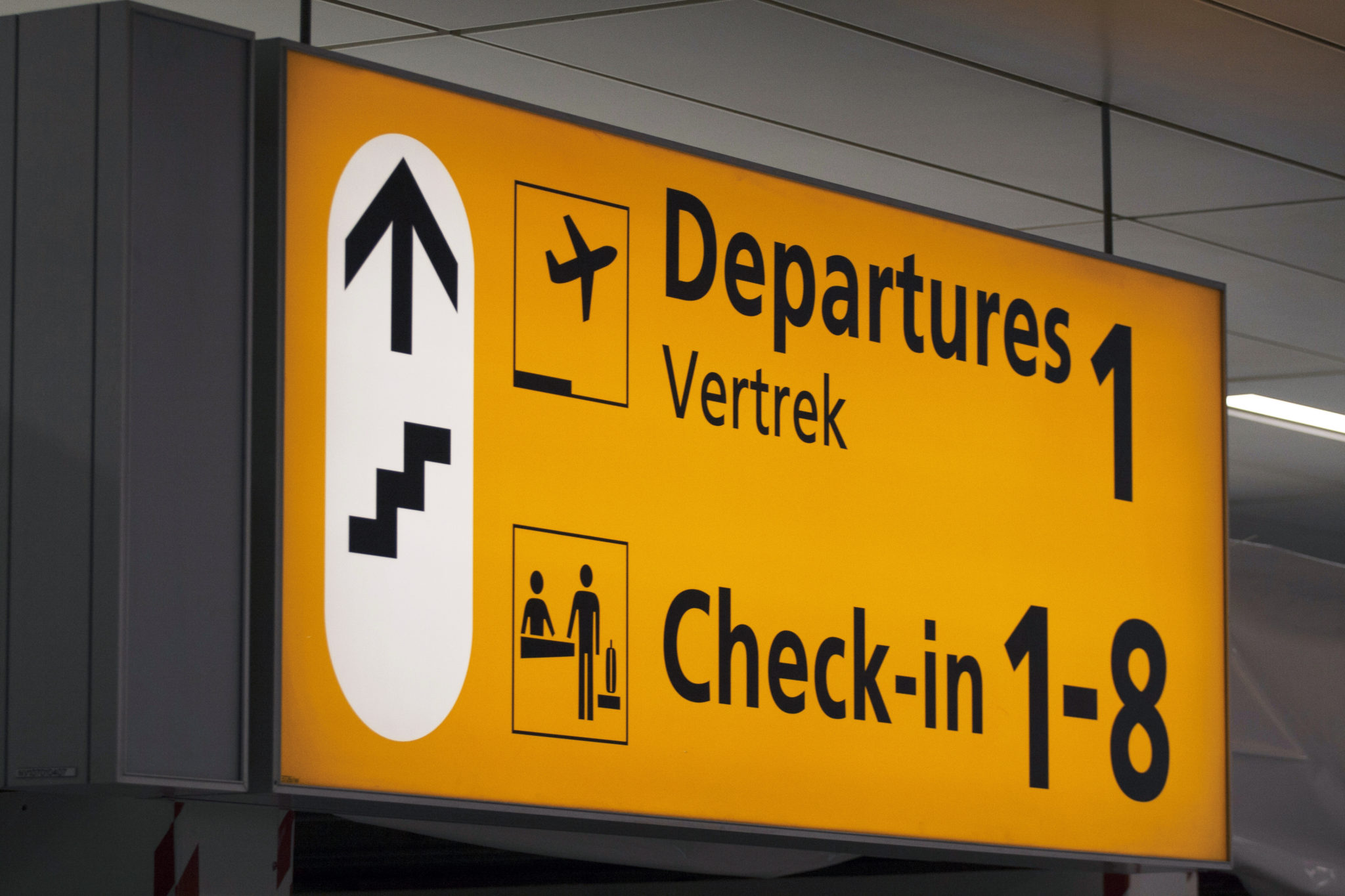Business immigration: looking beyond Brexit
Published on 19th November 2018

In September, the Migration Advisory Committee (MAC) published its long-awaited report in to the proposed UK immigration systems post-Brexit. Despite immigration being one of the hot topics in the referendum in June 2016, the report was only commissioned by the Government in July 2017 and is the first official report to show the impact of free movement on the UK.
The report looks to make reference to EU nationals coming into the UK after Brexit. We have previously discussed the status of EU nationals already in the UK at the time of Brexit.
What does the report say?
The report explicitly states that immigration remains a central part of the negotiations and therefore these are merely recommendations that we expect the UK government will use as part of the bargaining that will continue with the EU in relation to a future trade agreement. It is therefore no shock that the conclusion of the report is that EU citizens post Brexit should not be given any preferential treatment.
On the more specific points, the report concludes that the best way forward is to have post-Brexit EU nationals treated exactly the same as non-EU nationals are currently, but to make some fundamental amendments to the current system. Many of these changes have been sought for long time, such as the removal of the ineffective and arbitrary cap on the numbers of highly skilled workers and the removal of the Resident Labour Market Test (advertising a job) as an appropriate means to demonstrate the position needs to be filled by a non-UK/EU national. However, some other key recommendations have been included, such as to:
- Reduce the skill level of a prosed role to qualify for a work permit (down to RQF level 3 from the current level 6);
- Keep the minimum salary of £30,000 per annum (to ensure it doesn’t cross in to the ‘too low skilled’ arena);
- Retain the ‘Immigration Skills Charge’ (as apparently this discourages abuse of the system);
- Reduce the bureaucracy of the current system, such as allowing people to change roles more easily; and
- Retain the Intra-Company Transfer system as it is.
As noted above, these are merely recommendation that will form part of the negotiations on the terms of a future trading relationship with the EU.
What should businesses be doing now?
In order to mitigate the potential consequences, businesses should be looking at their current workforce and structure as a matter of priority to ensure they know what the effect will be, as well as their future development plans to adjust accordingly. Those who are not currently licensed to employ migrant workers could take steps now to secure that status to ensure they are as prepared as possible to be able to continue to recruit new staff from the continent or simply to move existing staff between locations.



